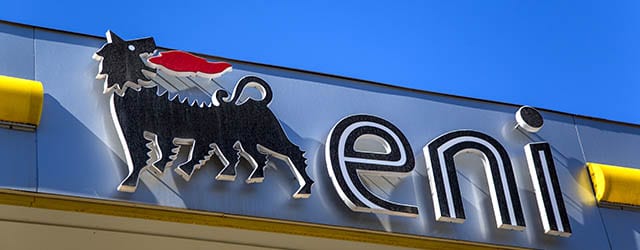Eni, the Italian energy company that was unsuccessful in finding exploitable hydrocarbons in Cyprus, now has a major find on its hands elsewhere.

On August 30, it announced it had discovered an immense natural gas field at the offshore Egyptian exploration site Zohr. It’s the largest discovery in Egypt—and one of the biggest of the past decade, at an estimated 30 trillion cubic feet.
The gas will no doubt provide a substantial boost to the country’s economy. Given the massive size of the deposits, some observers say the Zohr field could possibly derail other gas exploration projects in the Eastern Mediterranean region.
Egypt, with a population of about 86 million, has not been able to meet local demand for energy since the 2011 Arab Spring revolution. “Egypt will likely once again enter a period of energy self-sufficiency,” notes energy consultancy Wood Mackenzie. “A moratorium on exports from new discoveries has long been in place. We expect all Zohr gas to supply the domestic market.”
Even if Eni does not export the natural gas from Zohr, the discovery could have serious consequences for Egypt’s neighbors. At the top of the list: Israel. The country’s government has been trying for years to get legislators in the Knesset to greenlight production of offshore natural gas fields. The massive Leviathan reserve, which was discovered in 2010, has yet to go into production. That’s mostly due to government infighting over contracts with the developers of the field.
Several energy industry executives, however, don’t think the Zohr find will hurt Israel’s natural gas amibtions. “The Israeli gas was and still is designated for the LNG [liquified natural gas] facilities of BP in [the Egyptian city] Damietta, not for the Egyptian domestic market,” argues Yigal Landau, CEO of Ratio Oil, one of the Israeli firms that explore and produce oil and gas in Israel. “The LNG facility has been sitting idle for a couple of years because Egypt does not have enough gas for export.”
Politically, though, the ongoing debate in Israel about the appropriate regulatory framework for gas exploration is clouding its relations with Egypt, which was expected to a big importer of the gas from Leviathan and other fields in the country. If the reserves at Zohr turn out to be larger than initially thought, the market for LNG from Israel could be diminished.



